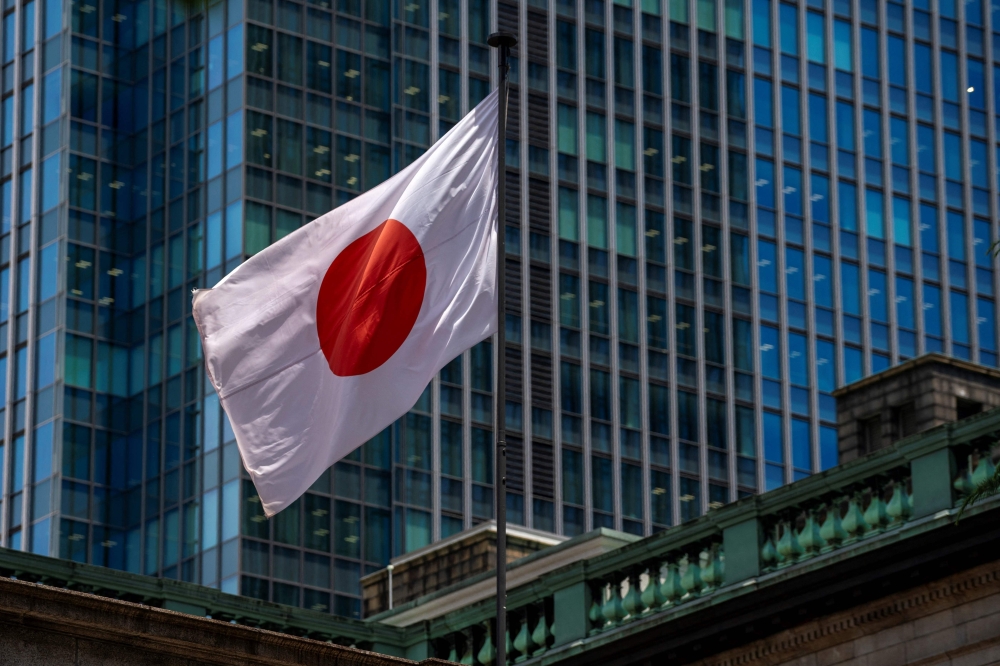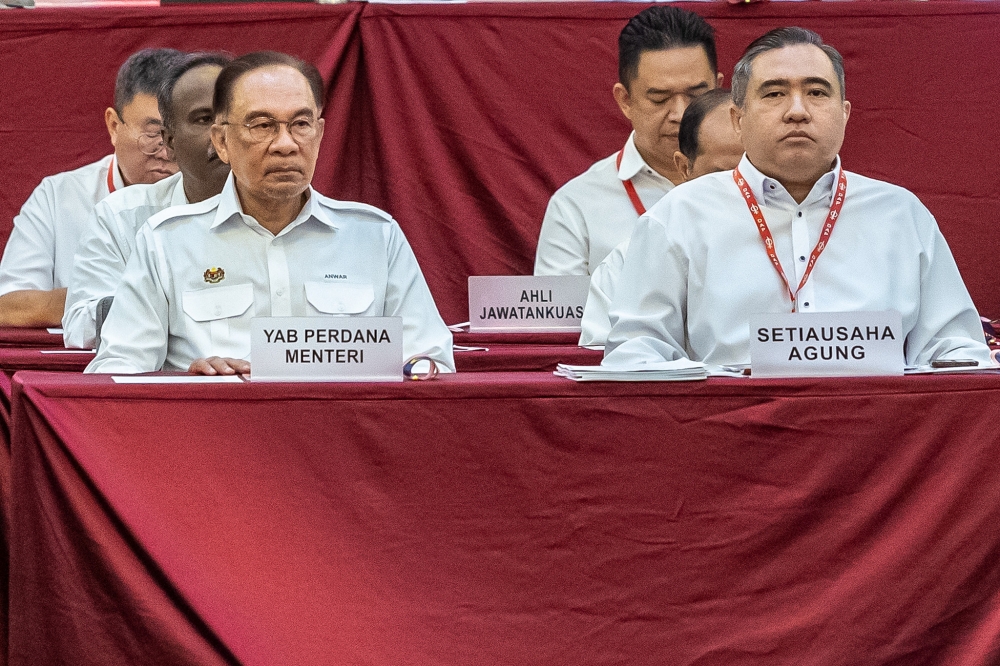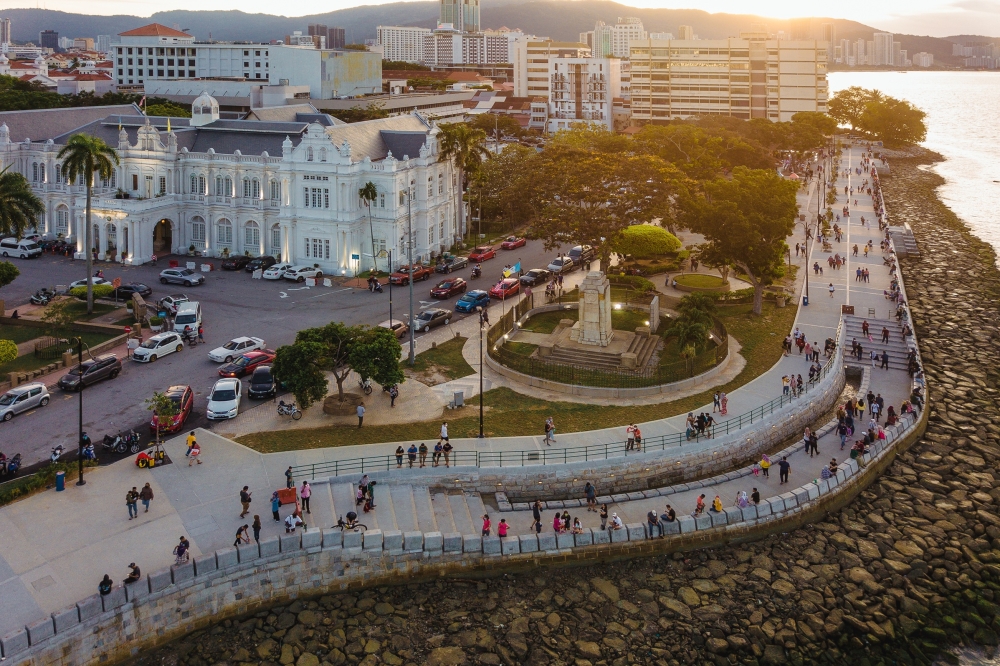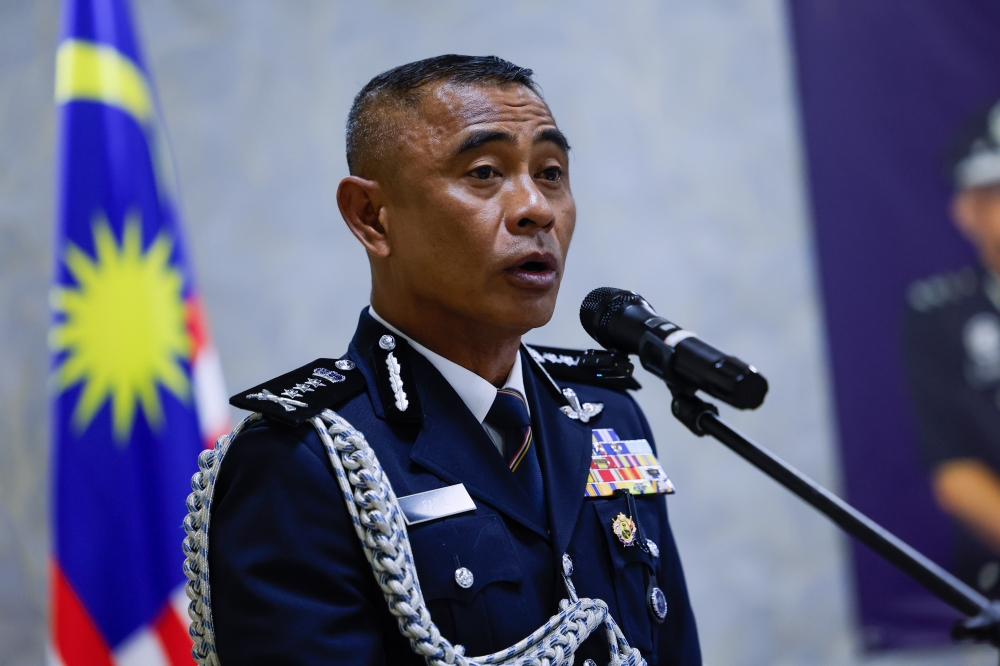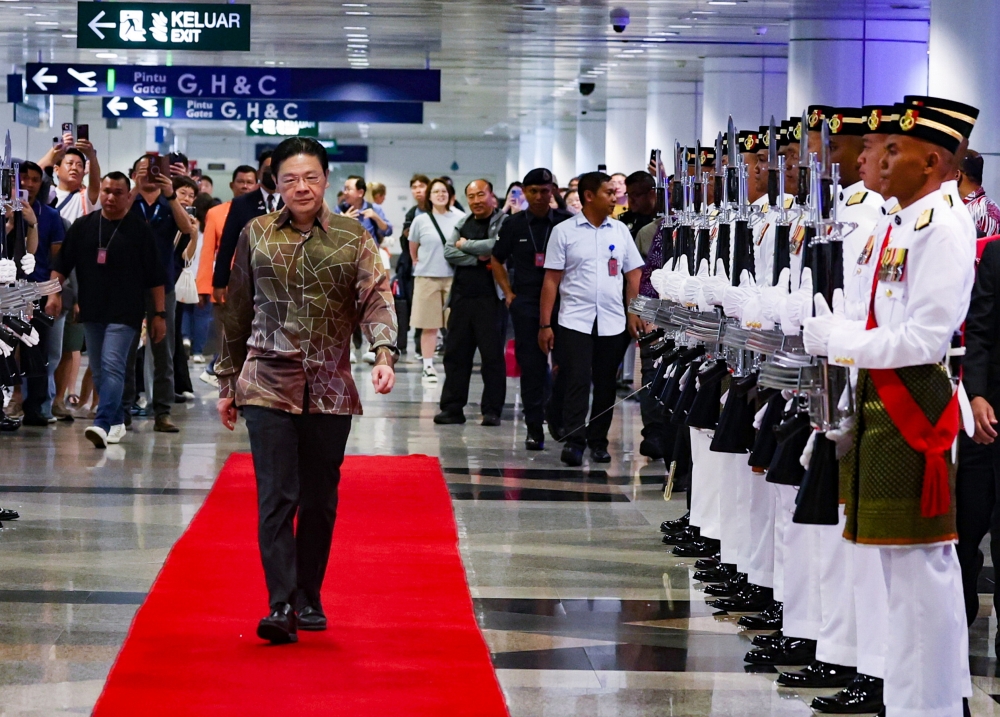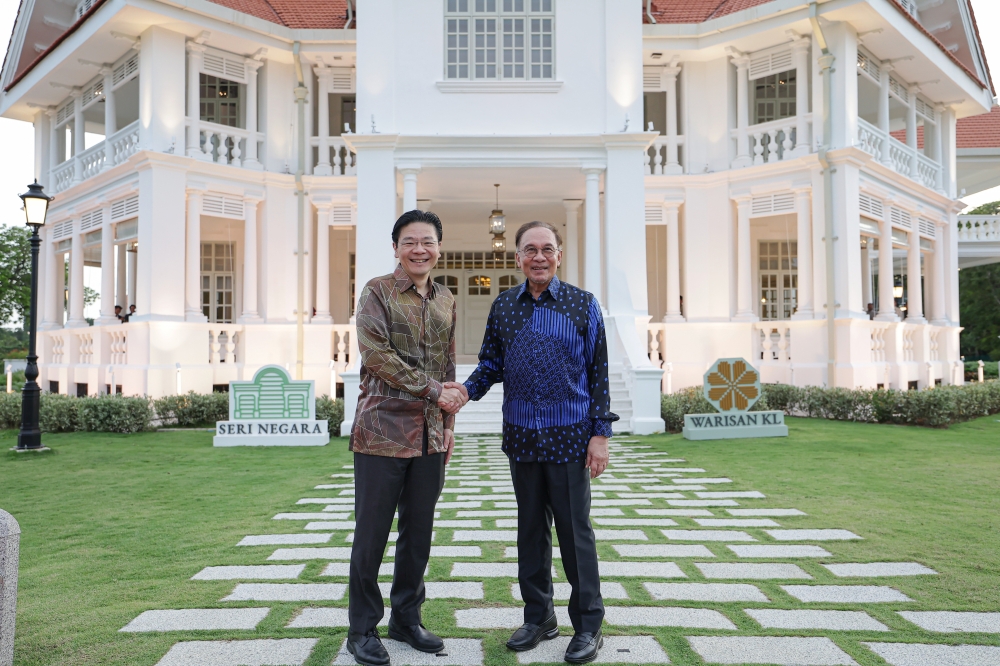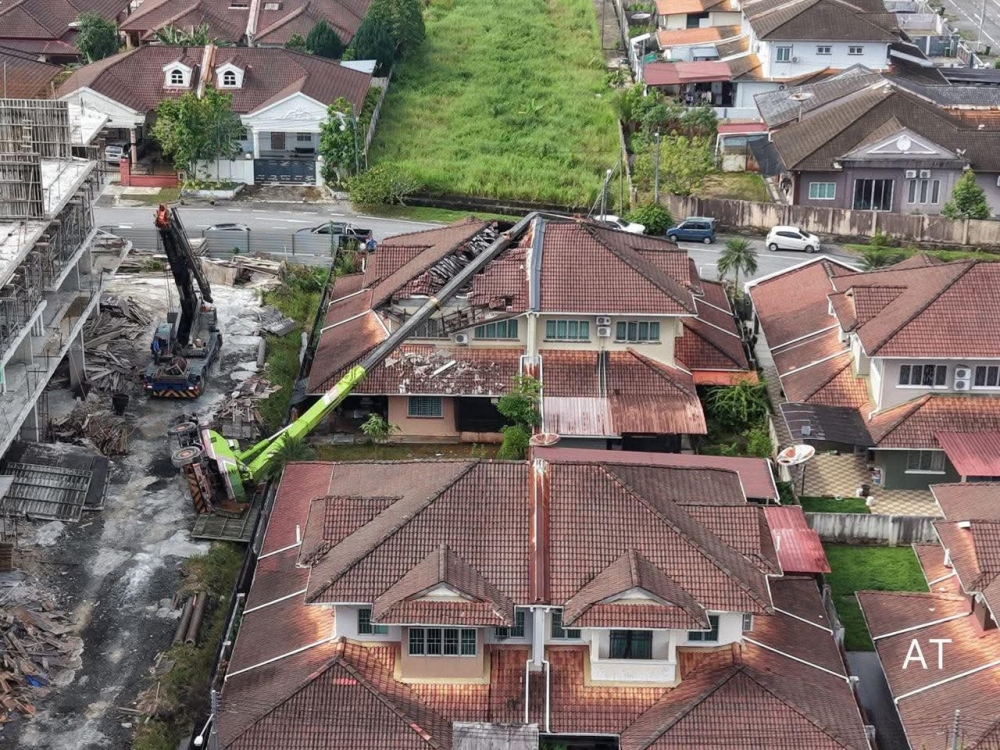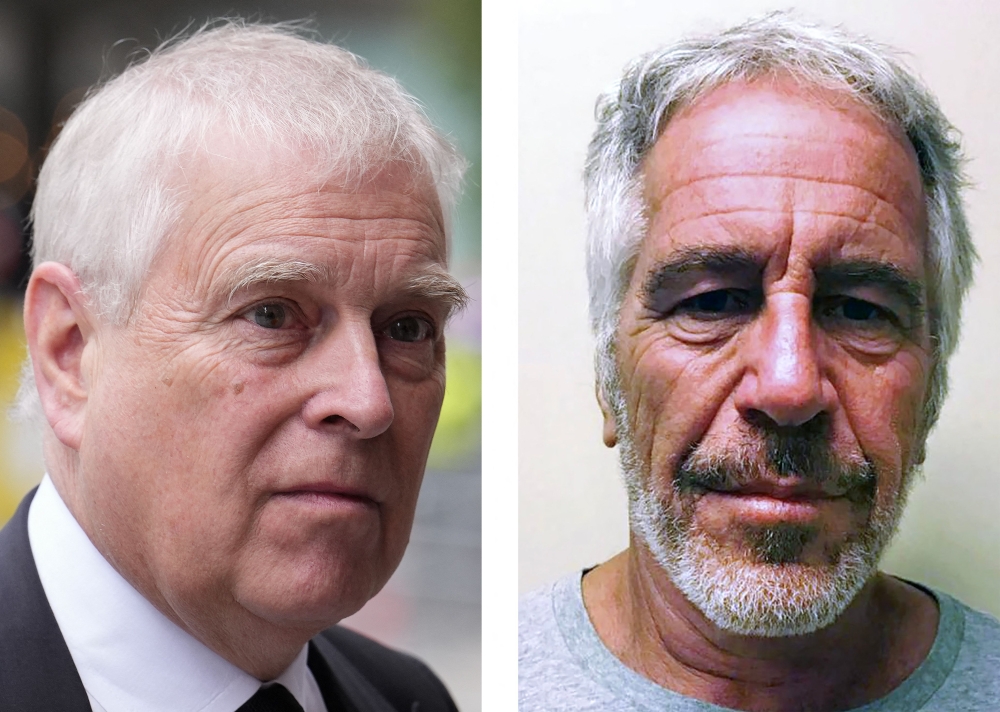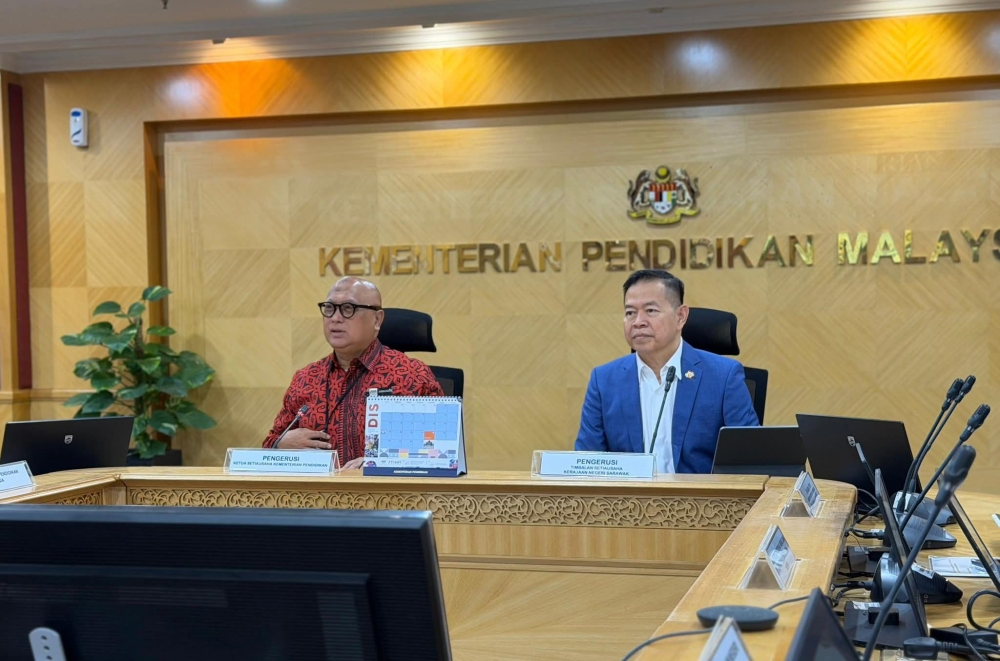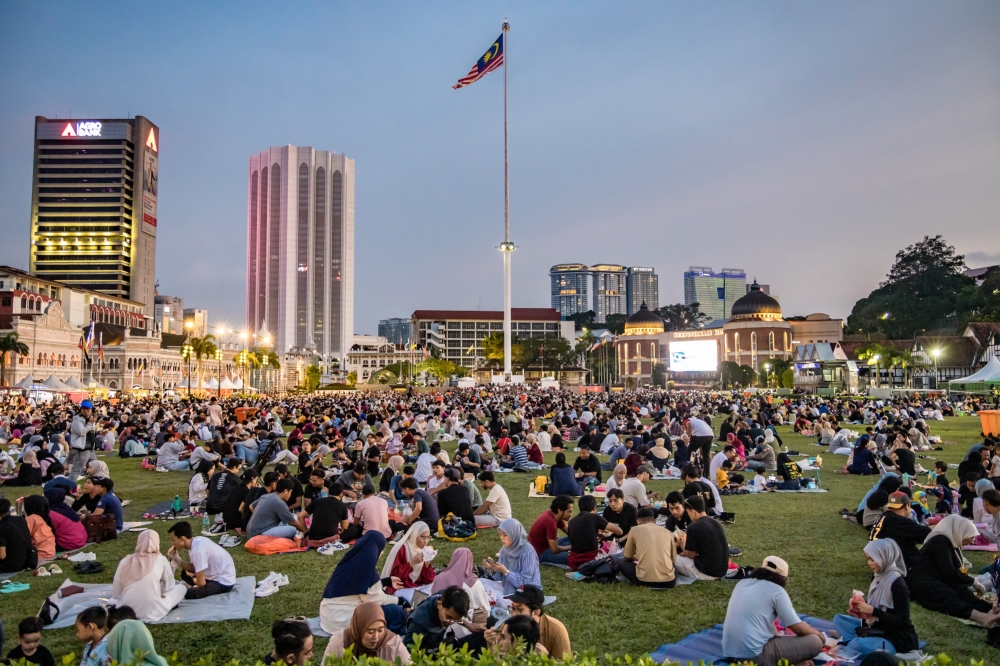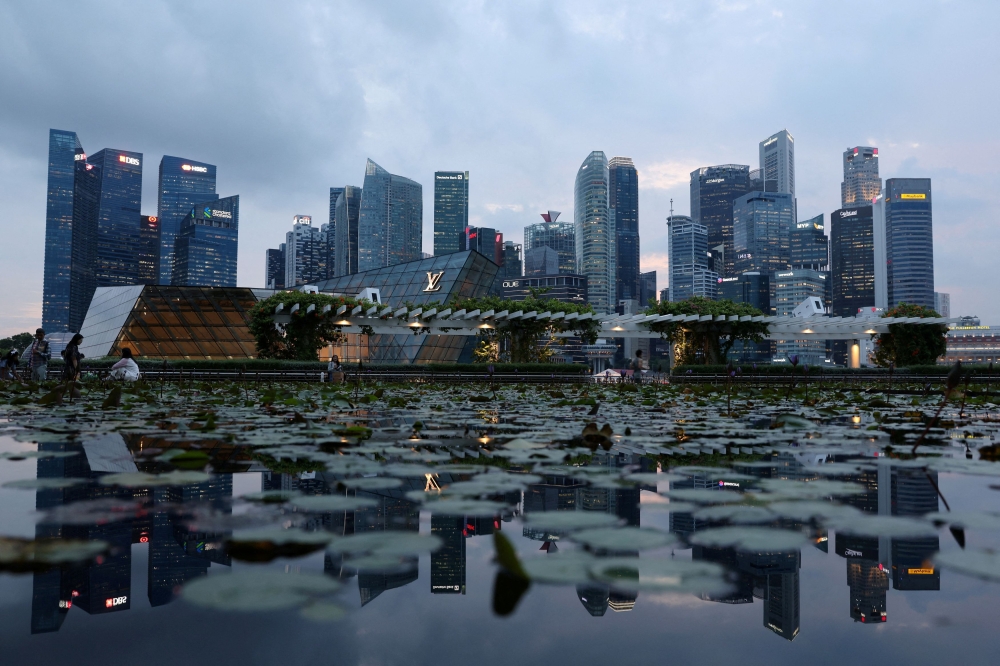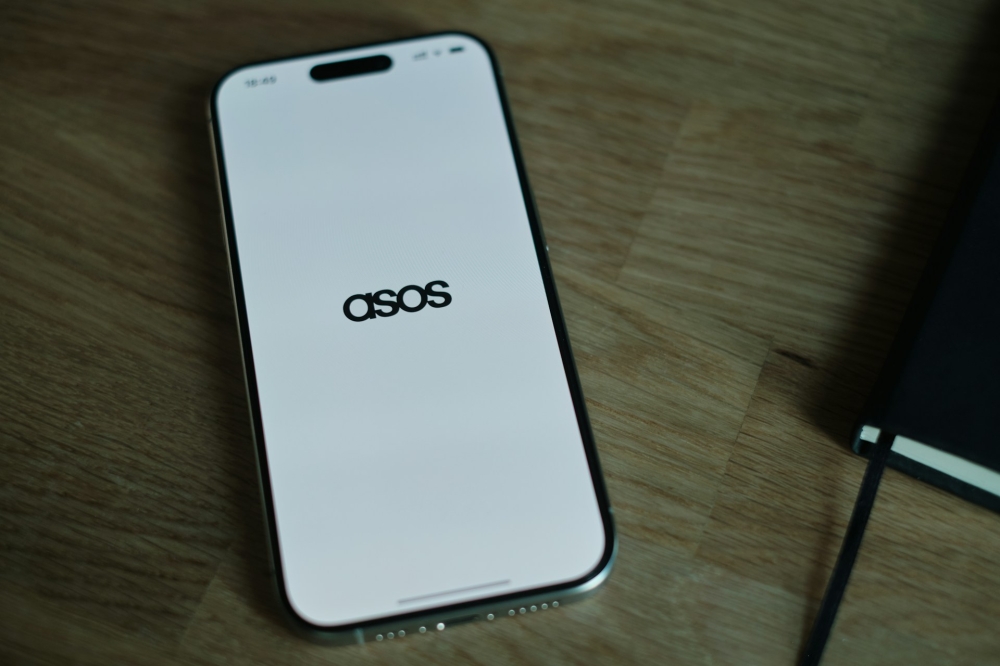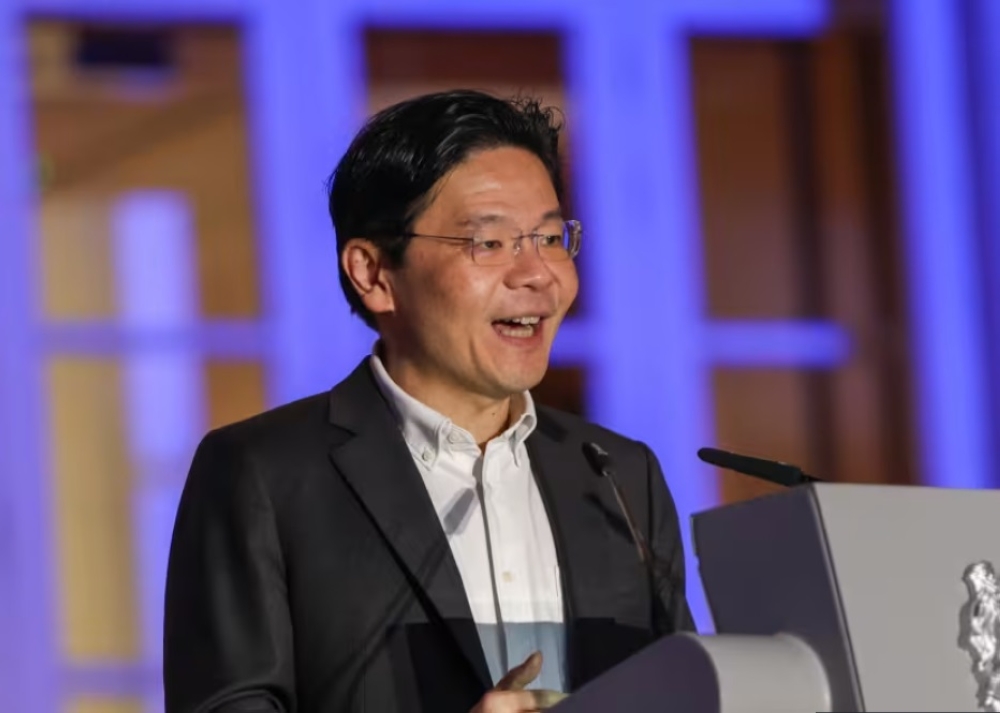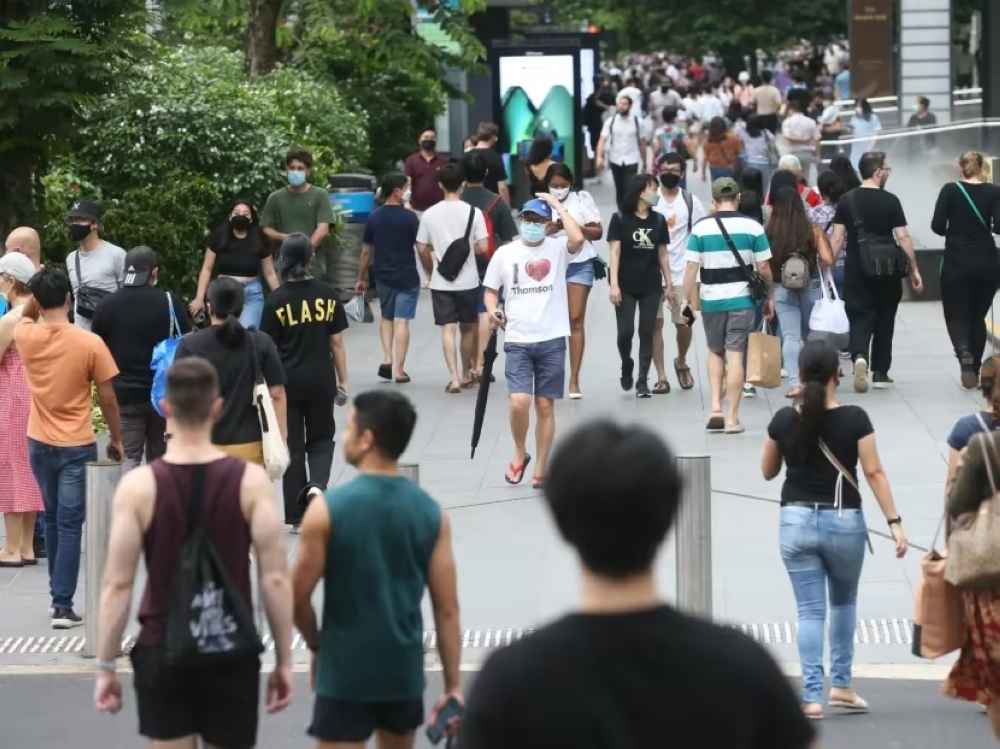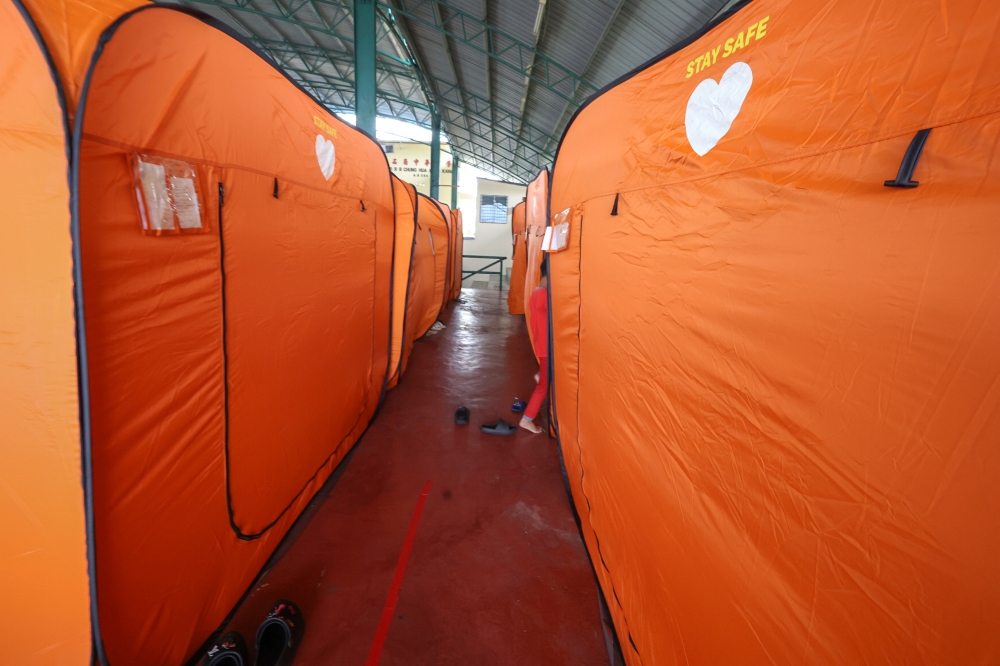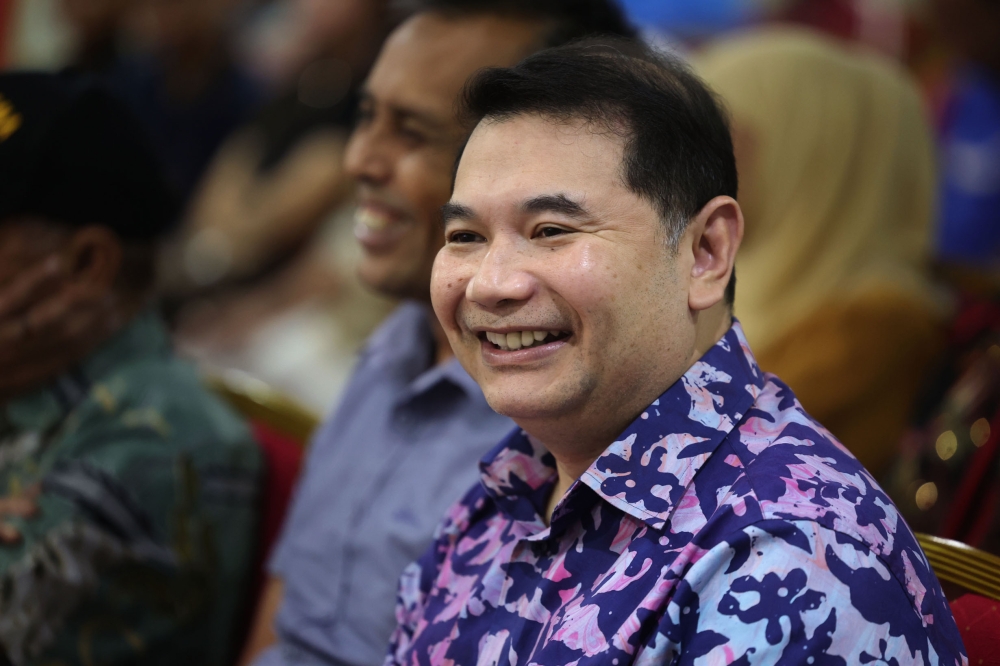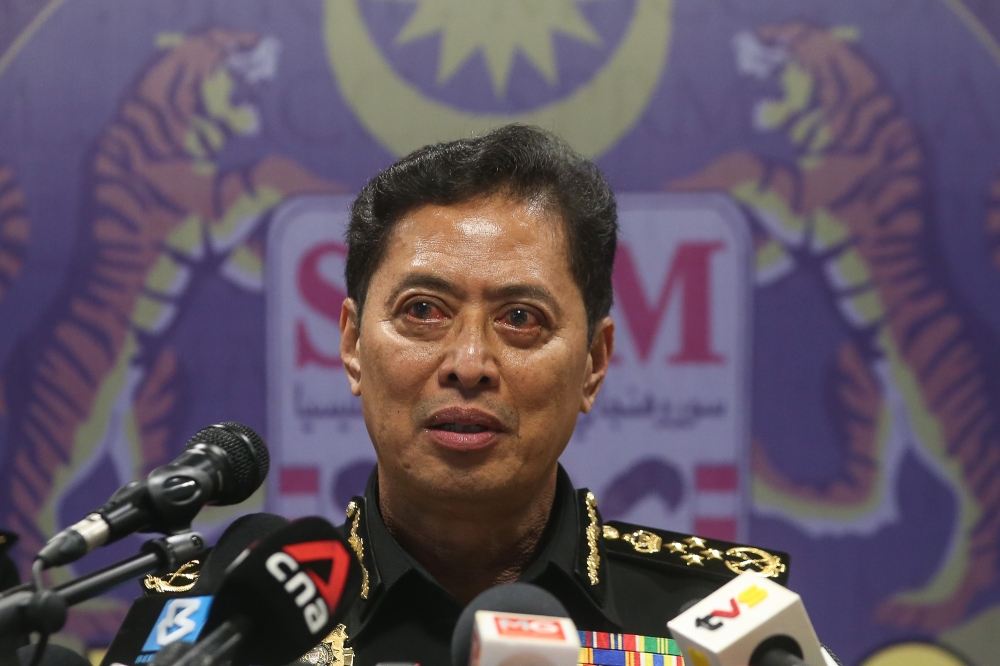SINGAPORE, Dec 4 — In a future where artificial intelligence (AI) becomes pervasive, Singapore aims to become a place where the world’s top AI creators congregate, and where AI-focused startups can rapidly experiment with such technology within a trusted regulatory environment.
In such a world, government data can also be “unlocked” to be used by AI for the public good, such as to address global issues like population health and climate change.
This is what is envisioned under the second national AI strategy (NAIS 2.0), which was unveiled by Deputy Prime Minister Lawrence Wong at the opening dinner for the inaugural Singapore Conference on AI tonight.
The updated strategy outlined how AI can be used to address today’s challenges and uplift Singapore’s collective economic and social potential over the next three to five years.
The strategy will be continually reviewed by the authorities to “respond to fast-moving developments in AI across domains”.
The plan laid out how the government will “centrally orchestrate” efforts to support AI activity across the economy and society, and partner with the private sector, academics, non-profit organisations, Singaporeans, and other stakeholders to achieve the goal of harnessing AI for the public good, the Ministry of Communications and Information (MCI) and Smart Nation Group said in a media briefing.
The Smart Nation Group is a department in the Prime Minister’s Office that guides Singapore’s digital transformation and leads the development of smart nation strategies.
The refreshed strategy set out Singapore’s plans to build a thriving AI ecosystem, develop the workforce to take on these opportunities, while providing enough infrastructural capacity to achieve the Republic’s ambitions.
It also outlined how Singapore seeks to build an environment that fosters AI innovation while protecting users.
Wong said in a foreword accompanying the NAIS 2.0 report that recent advances in AI have “precipitated many important conversations about the potential of AI, its harms and even on what it means to be human”.
“Singapore may be a small island state, but we have big dreams and plans. We will participate fully in AI research and deployment, to do things that were not possible before, and bring benefits to ourselves and others outside Singapore,” he said.
Why it matters
Singapore launched its first national AI strategy in 2019, which outlined the government’s plans to deepen the use of AI across sectors such as education and healthcare.
It focused on making early investments to strengthen Singapore’s AI infrastructure and ecosystem.
Since then, there had been several breakthroughs in AI, such as in generative AI like Dall-E — that can create pictures from language prompts — and ChatGPT.
Singapore had also begun deploying AI in various areas, such as trialling the use of generative AI in Singapore’s courts and the planned deployment of more AI tools in local schools.
These technologies must be “responsibly and sustainably” managed to guard against potential ill effects or misuse, said MCI and Smart Nation Group.
What the strategy entails
To this end, the new plan mapped out the government’s ambition and commitment to building a trusted AI ecosystem in a “new era of AI” — one in which AI would be “indispensable” to Singapore’s prosperity and global relevance, they said.
The renewed strategy aims to do so in three areas:
1. Developing ‘peaks of excellence’
The government will partner with industry and public researchers to develop “select peaks of excellence” in AI aimed at transforming the economy and society, said MCI and Smart Nation Group in the joint statement.
There are plans to anchor new AI centres of excellence across companies and to explore establishing such centres in certain key sectors, it added.
Singapore will also strengthen its startup ecosystem to attract AI-focused “accelerator programmes” in a bid to spur rapid experimentation with the technology.
The government also aims to improve public service productivity through AI, such as by rolling out AI courses for all public officers to “uplift baseline AI literacy and sharpen AI proficiency”, it said in its full report.
2. Building Singapore as a ‘home’ for AI creators, practitioners and users
Tight-knit knowledge communities are critical to AI innovation, as they drive the exchange of ideas and expertise for research and the impactful use of AI, the statement said.
The strategy aims to grow the pool of AI practitioners in Singapore and to upskill the workforce through “sector-specific AI training programmes”.
A total of 15,000 AI practitioners are sought under the plan. The government aims to meet this target by re-designing existing apprenticeship programmes and working with AI product development teams to boost the number of company attachments.
Singapore will also focus on attracting the world’s top AI creators — including more top-tier researchers and engineers. The report stated that this will take “novel value propositions”, through means such as hybrid Singapore-overseas working arrangements, part-time appointments across industry and academia, and partnerships with international research institutions or companies.
3. Ensuring AI ‘works the way it should’
“Successful AI value creation” would require a conducive infrastructure and facilitative environment — one where all stages of the AI life cycle are well-supported and “everything works the way it should”, said MCI and Smart Nation Group.
To facilitate this, the authorities will avail and “unlock” government data for AI innovation and public good.
The report did not state what data can be used, but said that these will be in areas where there are meritorious “public good” use cases, particularly if these are aligned with Singapore’s national priorities but are not commercially attractive.
“This will ensure that such projects do not fall through the cracks,” the report stated, noting that AI activity is built upon access to high quality and relevant datasets.
Such a move will also ensure that Singapore’s regulatory environment for AI is trusted and “fit-for-purpose”, where people can engage with the technology with confidence and contribute to international AI developments. — TODAY


